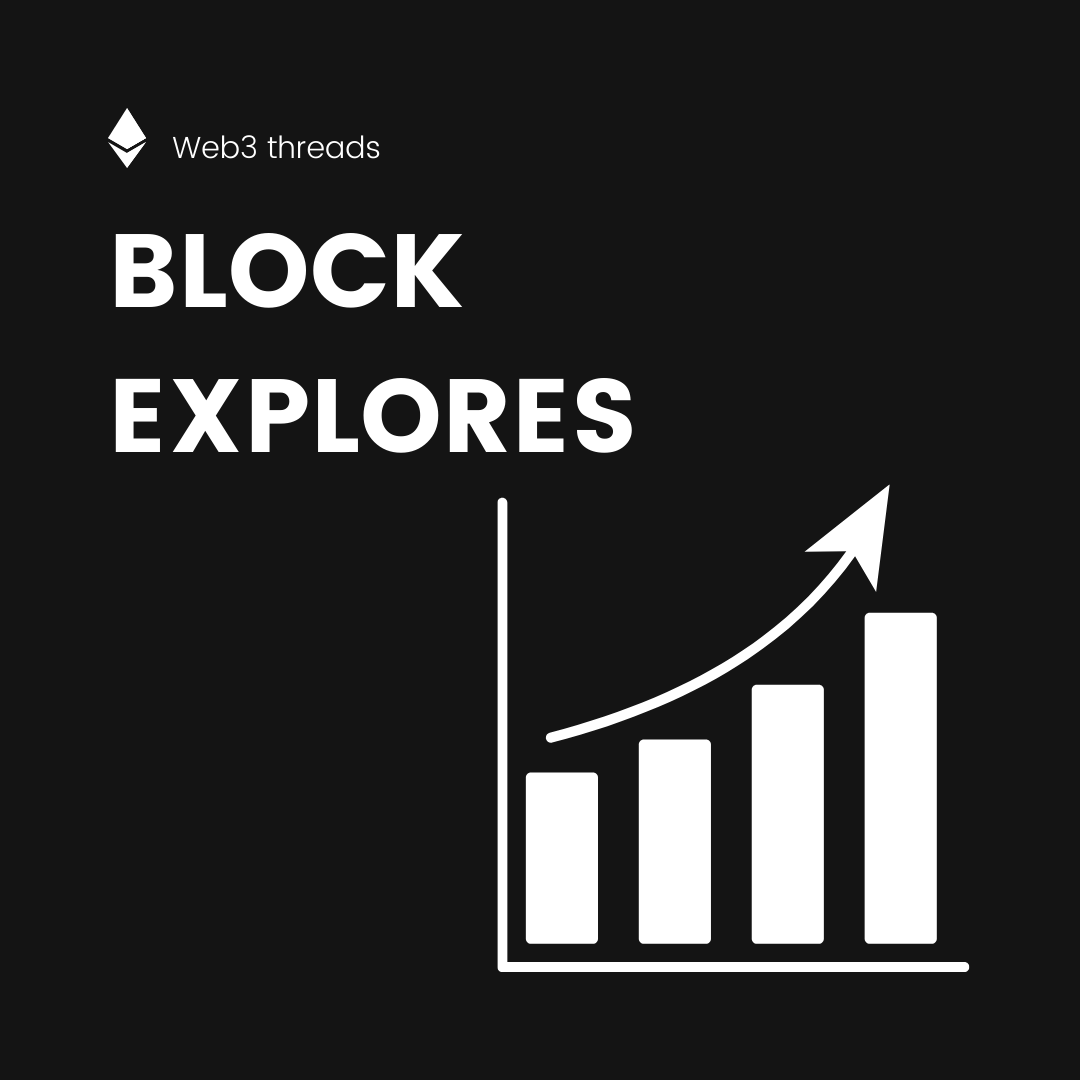
🔲NFT Use cases thread.
NFT are not just jpegs...
12 more use cases:
🏀Sport
🎵Music
🗳️Voting
🎮 Games
🎫 Tickets
🏡 Real Estate
🚛 Supply Chain
🎨 Artwork Tracking
💡 Intellectual Property
🎓 School and Degrees
🏥 Patient's Health History
🍕 Authenticity of food/medicines
↓
NFT are not just jpegs...
12 more use cases:
🏀Sport
🎵Music
🗳️Voting
🎮 Games
🎫 Tickets
🏡 Real Estate
🚛 Supply Chain
🎨 Artwork Tracking
💡 Intellectual Property
🎓 School and Degrees
🏥 Patient's Health History
🍕 Authenticity of food/medicines
↓

🏀Sport
Highlights of some particular moments can be sold as NFTs, and they can be invaluable to a fan.
The NBA is already using this mechanism extensively.
Highlights of some particular moments can be sold as NFTs, and they can be invaluable to a fan.
The NBA is already using this mechanism extensively.
🎵Music
Some artists have already started interacting with their fans, finding new ways to monetize using NFTs, associating them with some particular activities or unique moments.
Some artists have already started interacting with their fans, finding new ways to monetize using NFTs, associating them with some particular activities or unique moments.
🗳️Voting
NFTs can simplify the voting process by eliminating the problem of voter identification and voter fraud
NFTs can simplify the voting process by eliminating the problem of voter identification and voter fraud
🎮Games
In the gaming world, there are many applications: recording the player's status to make the game cross-platform, simplifying the exchange process in the game.
There are also games that are based on NFTs, it will be very interesting to try them
In the gaming world, there are many applications: recording the player's status to make the game cross-platform, simplifying the exchange process in the game.
There are also games that are based on NFTs, it will be very interesting to try them
🎫Tickets
In the future, paper tickets could disappear, and be replaced by NFTs that prove their validity, making it even easier to check
In the future, paper tickets could disappear, and be replaced by NFTs that prove their validity, making it even easier to check
🏡Real Estate
A physical property or land can be represented as an NFT on the Blockchain. It's possible in this way to keep track of both the real estate's property and the history of the owners
A physical property or land can be represented as an NFT on the Blockchain. It's possible in this way to keep track of both the real estate's property and the history of the owners
🚛Supply Chain
NFTs can be used to understand the production status and shipping delivery status of a product
NFTs can be used to understand the production status and shipping delivery status of a product
🎨Artwork tracking
Many works of art are actually imitations, and it is difficult to trace the old owners.
With NFTs, you can check the history of all the former owners (which could also increase the value of the object itself!) and the authenticity.
Many works of art are actually imitations, and it is difficult to trace the old owners.
With NFTs, you can check the history of all the former owners (which could also increase the value of the object itself!) and the authenticity.
💡Intellectual Property
NFTs can be used to prove the intellectual property of discoveries, innovations, and inventions.
NFTs can be used to prove the intellectual property of discoveries, innovations, and inventions.
🎓School and Degrees
Paper degrees may disappear in the future.
NFTs can be used to iron out results as a student and to certify the status and the achievement of objectives (degrees).
Paper degrees may disappear in the future.
NFTs can be used to iron out results as a student and to certify the status and the achievement of objectives (degrees).
🏥Patient's Health History
NFTs can be used to record a person's health history.
Thanks to the fact that this history is not editable you have a faithful list.
NFT ledgers provide a method to protect these sensitive data to make them private and not accessible to everyone.
NFTs can be used to record a person's health history.
Thanks to the fact that this history is not editable you have a faithful list.
NFT ledgers provide a method to protect these sensitive data to make them private and not accessible to everyone.
🍕 Authenticity of food/medicines
Thanks to the fact that the history of the NFT is not editable, it is possible to verify all the movements and passages in the production process of an object, for example, food and medicine
Thanks to the fact that the history of the NFT is not editable, it is possible to verify all the movements and passages in the production process of an object, for example, food and medicine
if you liked this thread, follow @FrancescoCiull4 and share this one. Thank you.
https://twitter.com/FrancescoCiull4/status/1482588184898850816
• • •
Missing some Tweet in this thread? You can try to
force a refresh








